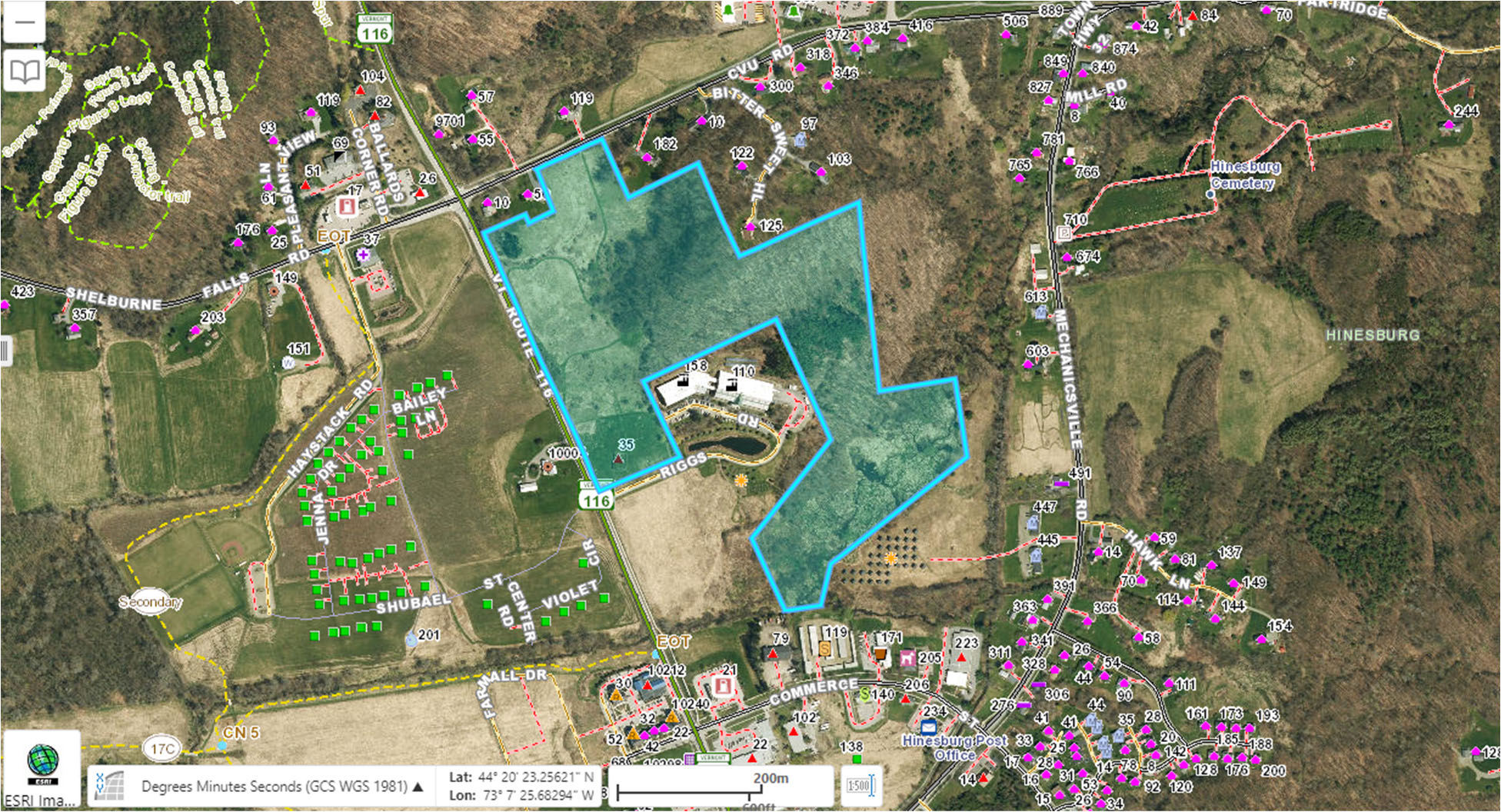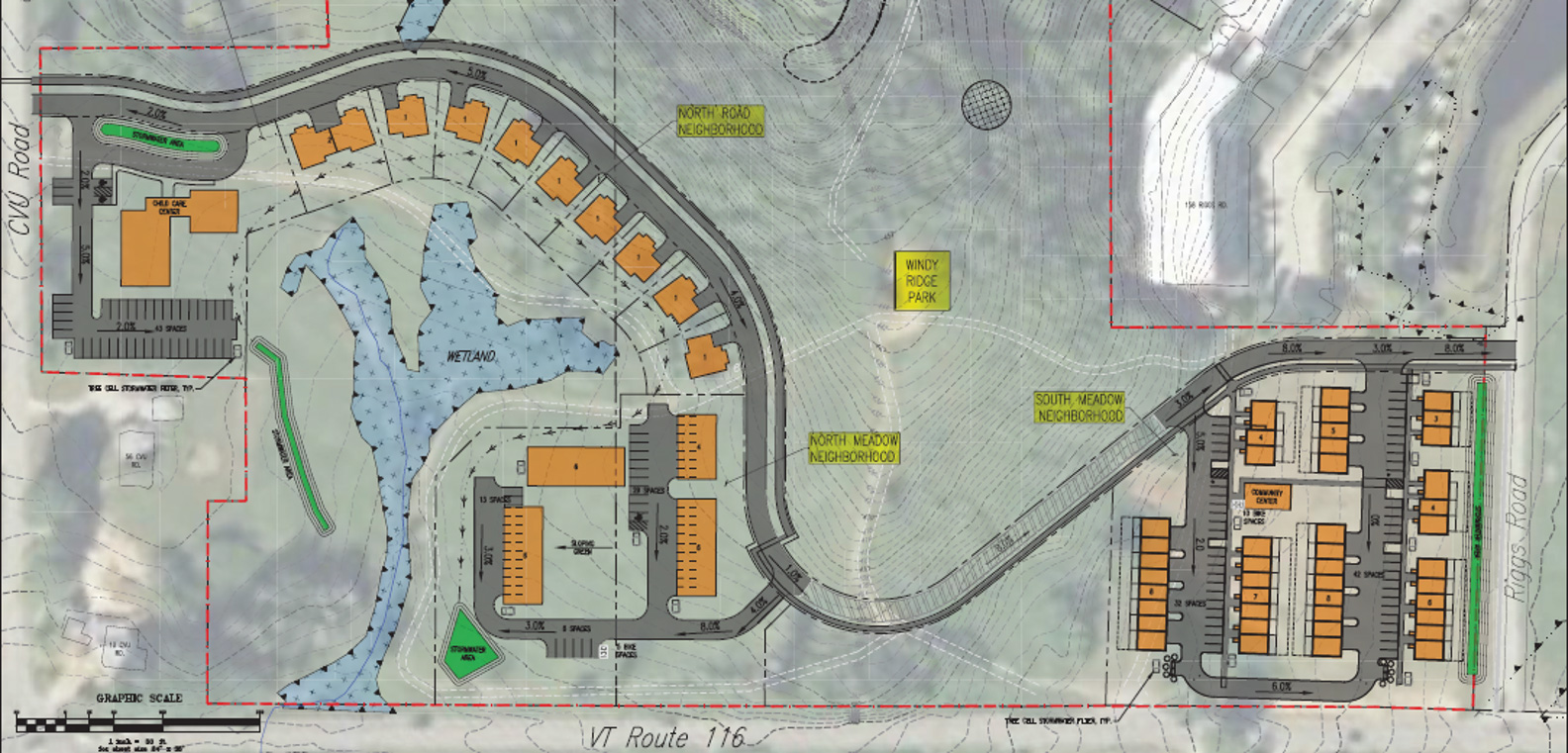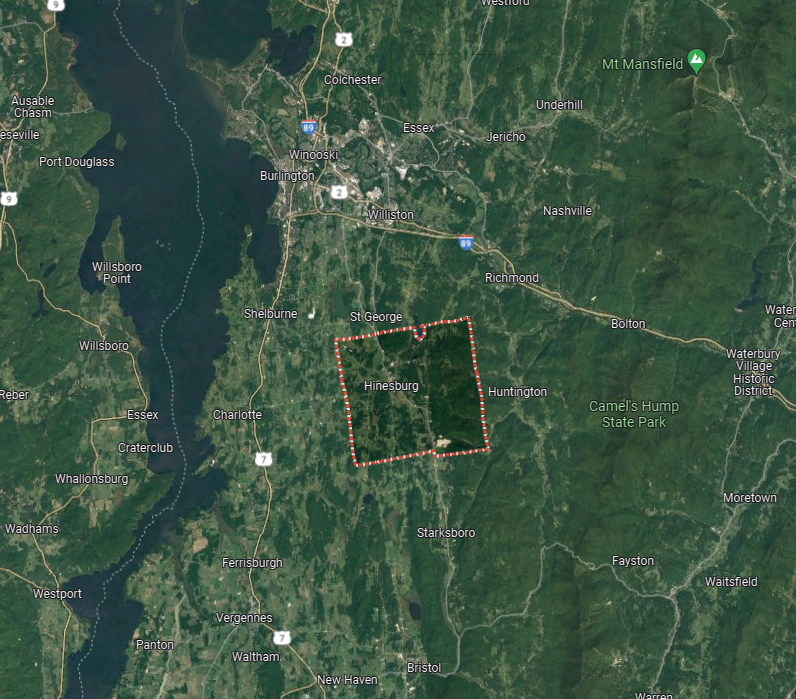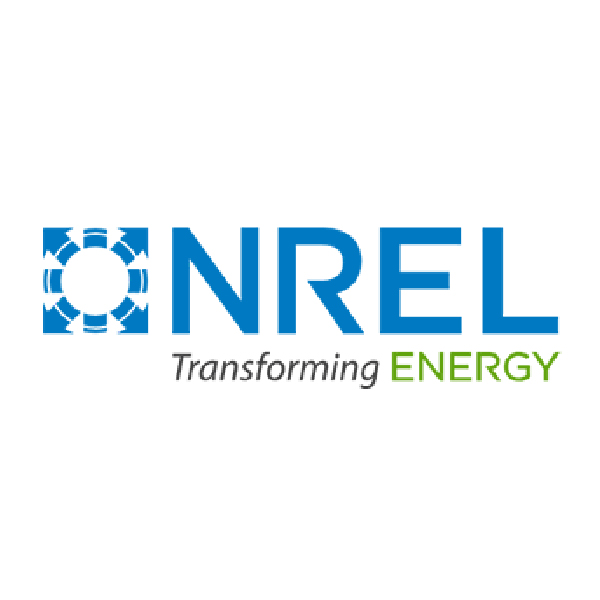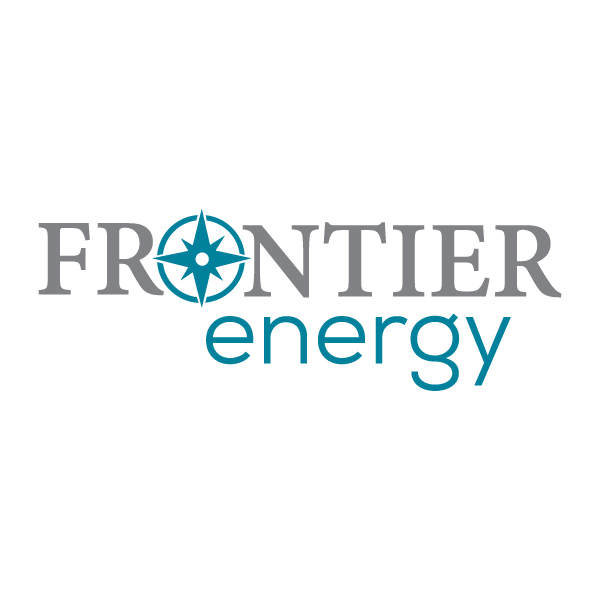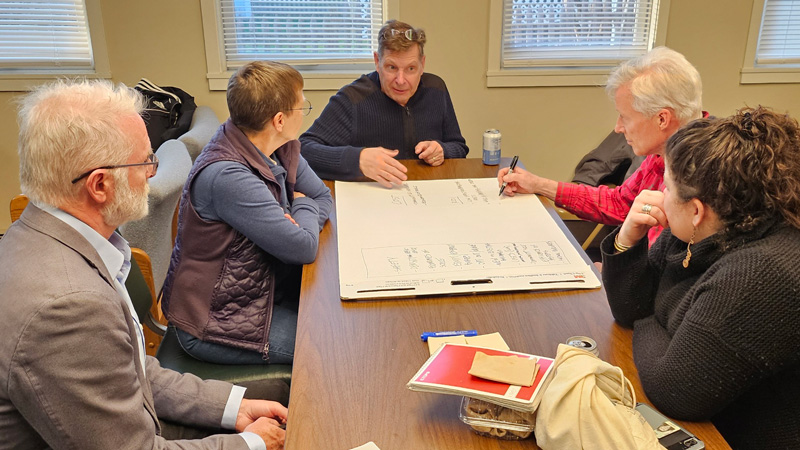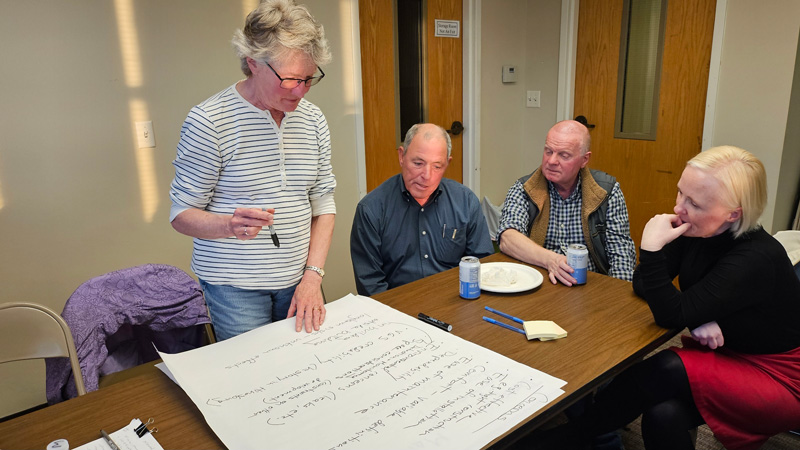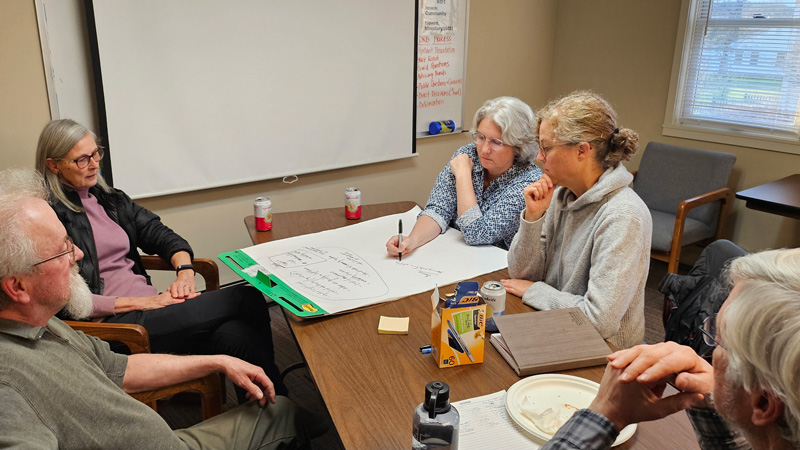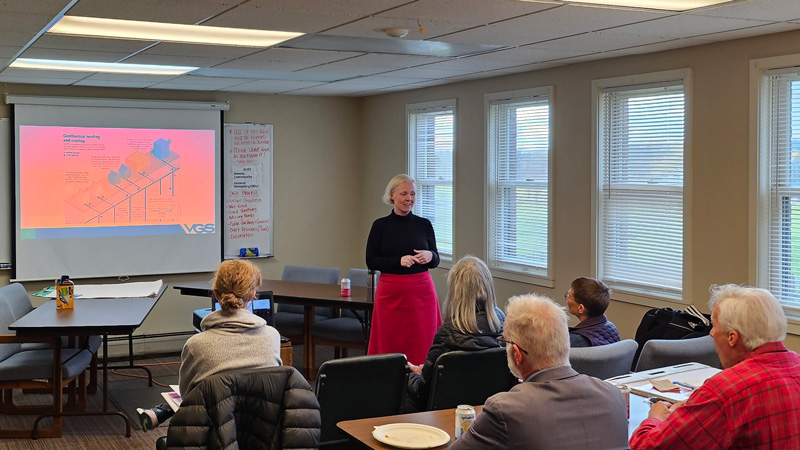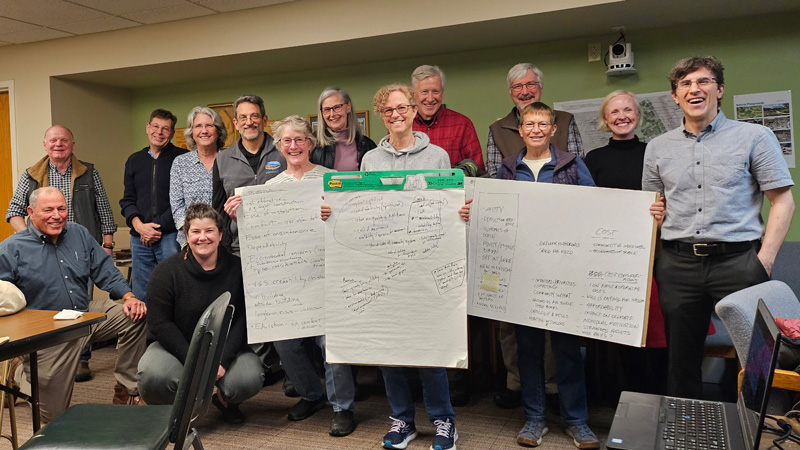
C2SAGES: Coalition for Community-Supported Affordable Geothermal Energy Systems
Adoption of geothermal heating and cooling systems holds great potential to help decarbonize local communities, reduce energy costs for families, and boost resilience.
In the C2SAGES (Coalition For Community-Supported Affordable Geothermal Energy Systems) project, a Department of Energy funded award (DE-EE0010669), GTI Energy is partnering with Vermont Gas Systems (VGS), the National Renewable Energy Laboratory (NREL), LN Consulting, and Frontier Energy to perform feasibility analysis of a community geothermal system to meet 100% of the community heating and cooling needs for a new affordable housing development in Hinesburg, Vermont. This development will consist of townhomes, duplexes, and multiplex units, with more than 30% intended for low- and medium-income households.
In this project, the team is performing a feasibility analysis and developing an engineering plan for a community-scale heating and cooling system that will deliver reductions in greenhouse gas emissions. Community and stakeholder engagement is a key feature of this project. The design and future deployment will be informed by community insights and recommendations, as well as advancing community understanding of community geothermal and identifying opportunities and challenges for deploying community geothermal projects.
This will result in a community and local stakeholder-informed business model that focuses on delivering affordable and clean heating and cooling as well as other benefits defined by the community as valuable. The long-term goal is that this project will be a model to facilitate future deployment of community geothermal projects that are affordable, efficient, and create economic value and jobs in community-scale geothermal solutions across the country.
What is Community Geothermal?
Community geothermal systems offer an affordable decarbonization pathway that reduces greenhouse gas emissions.
The Department of Energy (DOE) Geothermal Technologies Office funded projects across the country to help communities design and deploy geothermal district heating and cooling systems, and create related workforce training. Learn more from the DOE sites:
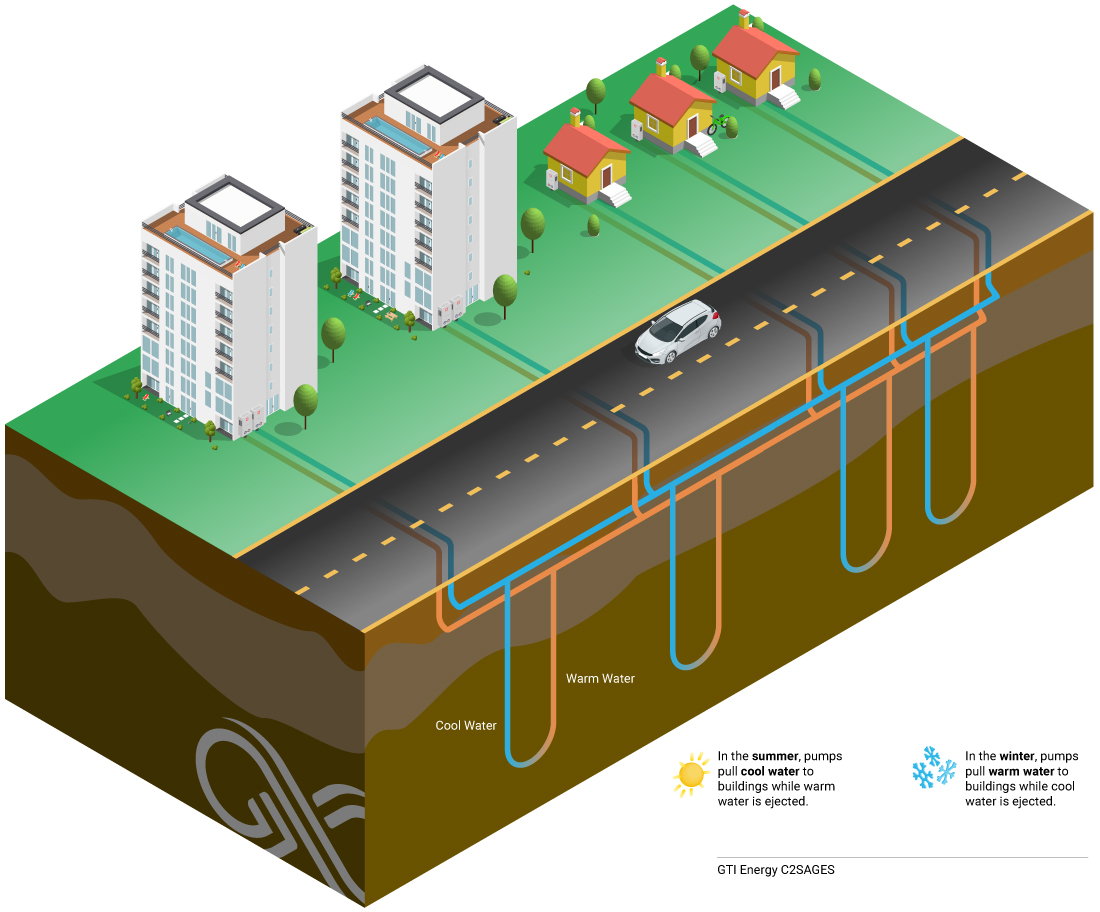
Community Engagement
C2SAGES engaged community members through virtual and in-person meetings, and workshops to hear their thoughts and questions about how geothermal heating and cooling can benefit your community, provide a cleaner energy source, and help to reduce emissions. Input from community members and local stakeholders to inform models of design and deployment and identify the workforce training and education needed for the jobs that will be created in the field of geothermal and will inform the planning and design of community geothermal energy systems that can be applied both in Vermont and nationwide.
- Community members and local stakeholders provided input for C2SAGES including understanding how geothermal is perceived and communicated/marketed, different models of cost structure (who pays for the installation, energy bills, and system maintenance), workforce skills training (so local residents are qualified to get the jobs), and addressed any environmental or other concerns they had. Community input was shared with the technical team to develop community geothermal systems, communication and partnerships, and preferences for cost structures to have a voice in how these systems would be deployed in their community.
- A workforce transition plan will help identify new develop career pathways and provide technical training for renewable energy jobs, which range from working with the utility provider, to system installers and maintenance. Transitioning the utilities’ workforce to geothermal will simultaneously address the shortage of geothermal professionals and the job security risks to those same professionals in a decarbonized future so local residents are qualified for the jobs that will be created. Many current skills of gas utility professionals, HVAC technicians, and other existing job categories are directly transferable with some additional training.
Resources
- Case studies funded by the DOE
- Videos
- Other links

